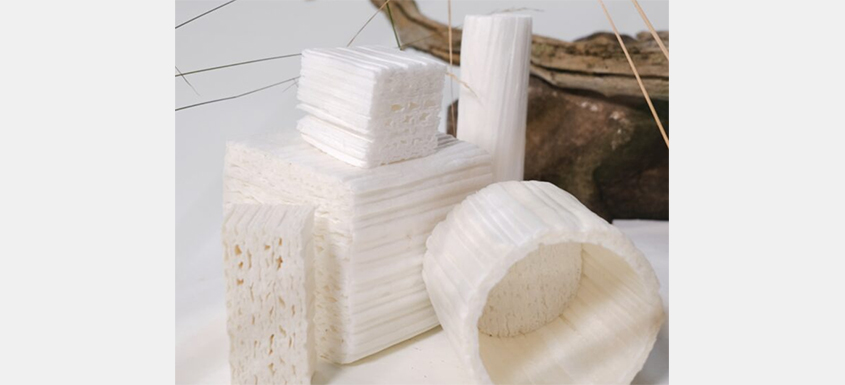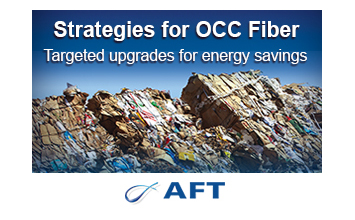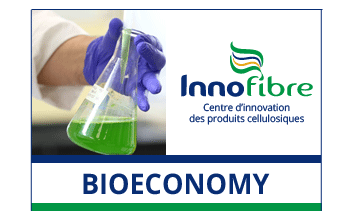Woamy is a spin-off of Aalto University, Finland, supported by CMPC. It has raised one million euros to develop a recyclable and biodegradable bio-based foam to serve as an alternative to expanded polystyrene plastic.
In the midst of climate problems, companies around the world are now focused on finding more sustainable solutions – using innovation and science – to replace polluting materials and products like plastic. Woamy is one of them. This is a spin-off from Aalto University, Finland, which created a bio-based foam material to replace expanded polystyrene plastic and other plastic foams. The invention is recyclable, biodegradable, lightweight and resistant, and will be developed largely using CMPC cellulose. The startup raised one million euros in a seed capital round to develop and scale up the technology. The capital raising was led by CMPC Ventures, the venture capital arm of CMPC, one of the world’s largest pulp companies.
It is estimated that about 360 million tons of plumavit are discarded per year in Chile. Sixty million tons come from industrial work due to its key thermal properties. This plastic-derived material can stick around up to one thousand years because it isn’t biodegradable, a global problem that has led Washington DC, San Francisco and Seattle to prohibit its use. The polluting component of this product that is necessary for many industries led to the creation of this new plastic alternative. “Our multidisciplinary team of scientists, engineers, designers and entrepreneurs is ready to make the foam industry sustainable,” Woamy CEO Susanna Partanen said after the funding round.
CMPC Ventures Manager Bernardita Araya explained that they have been following Woamy’s development for more than a year. “We are very happy with this partnership. We have an enthusiastic and committed team of technical, strategic and commercial experts to help accelerate this on an industrial scale, making the most of the various synergies toward developing more sustainable products using our cellulose.”
Finnish lighting design company Secto Design also joined the seed round as a follow-on investor, not only as a promoter of sustainable materials, but also as Woamy’s first customer.
In addition to being environmentally friendly, Woamy’s cellulose-based foam has a mold-free, fast-drying manufacturing process that doesn’t require chemical additives or extreme pressures and temperatures. It can also stand in place of plastics in a range of applications ranging from protective packaging and laminated boards to shoe insoles and materials for building insulation.
Susanna Partanen said, “The call for this type of market innovation is urgent and keeps on growing. Companies around the world are looking for ways to eliminate plastic in their products and packaging. We are happy to be able to increase our operations to deliver such solutions and play a role in creating a more sustainable world.”
One of the invention’s key features is that it imitates the directional resistance of wood, surpassing other biological foams in density. This development was started by a group of researchers at Aalto University with institutional support. “Aalto University supports entrepreneurship and innovation activities in a big way. Behind every successful startup we have found a large number of experiments, trials, failures and successes that ultimately lead to operational innovation and securing follow-on funding from the private sector,” said Panu Kuosmanen, Innovation Advisor at Aalto Innovation Services.
Innovation is at the heart of CMPC’s strategy. That is why the company opened its first office in Helsinki, Finland in 2022 in a bid to connect with the Nordic ecosystem and work with different startups and research centers that are developing products based on cellulose and forest products; e.g., Norratex, the cellulose-based textile fiber it is developing with the Finnish startup Nordic Bioproducts Group.
Company Chairman Luis Felipe Gazitúa and other executives traveled to formally inaugurate the new headquarters that is directed by Finnish economist Anna Niittyla. Finland was selected because it is a significant country in terms of developing new bioproducts. Additionally, it is close to the most respected bioeconomy research centers in the world and works in coordination with academia and the private world under a triple helix model.
Source: CMPC













